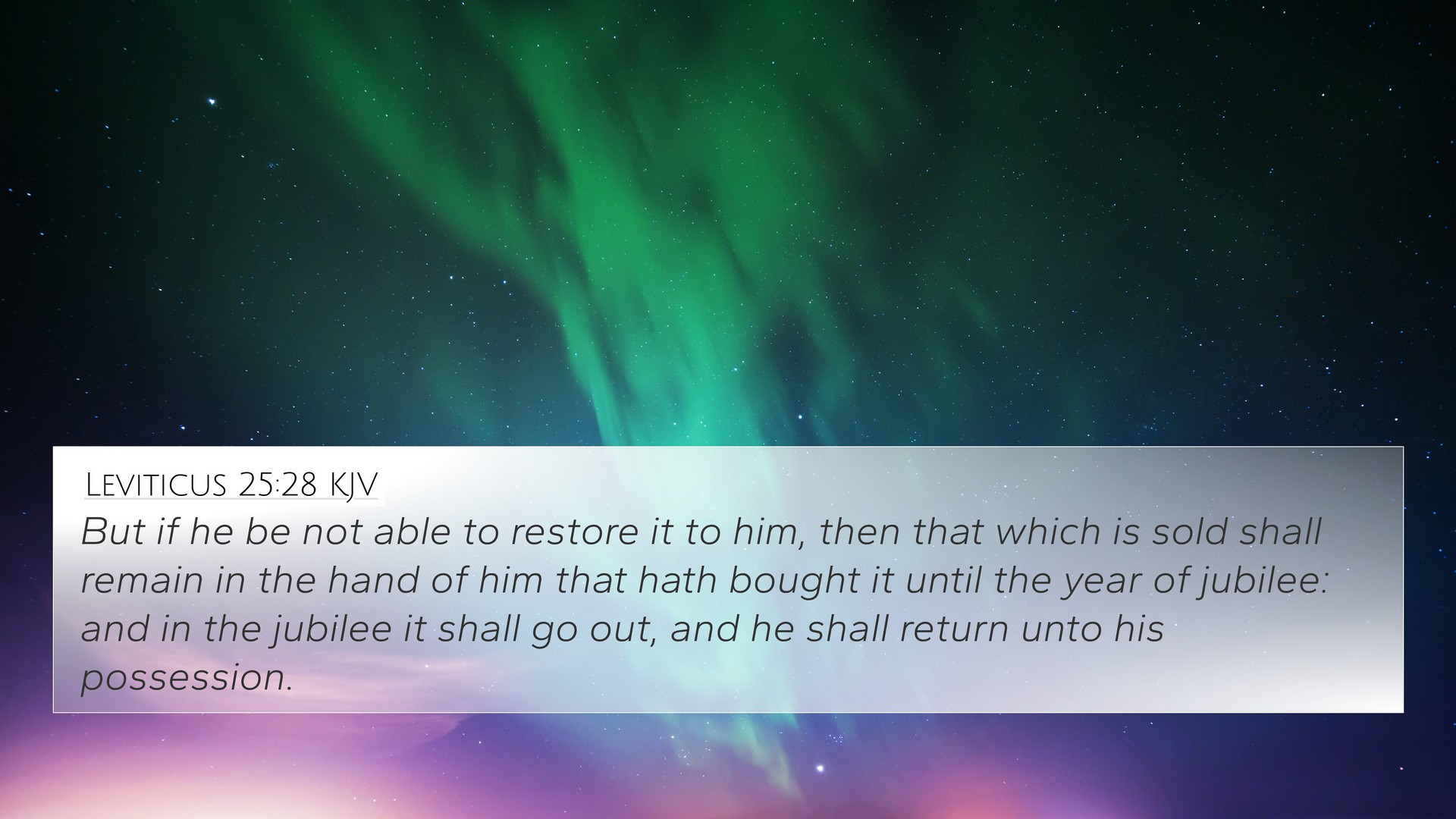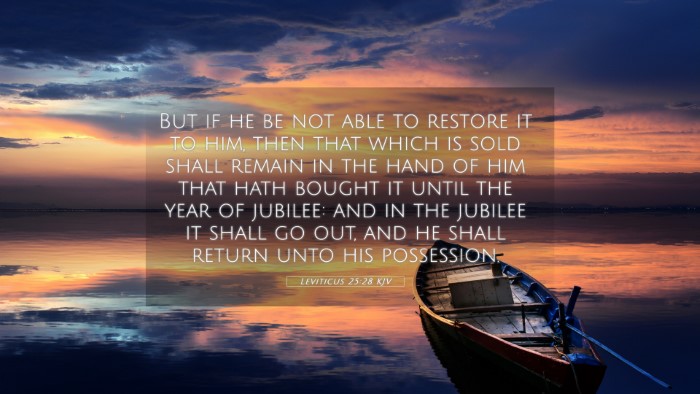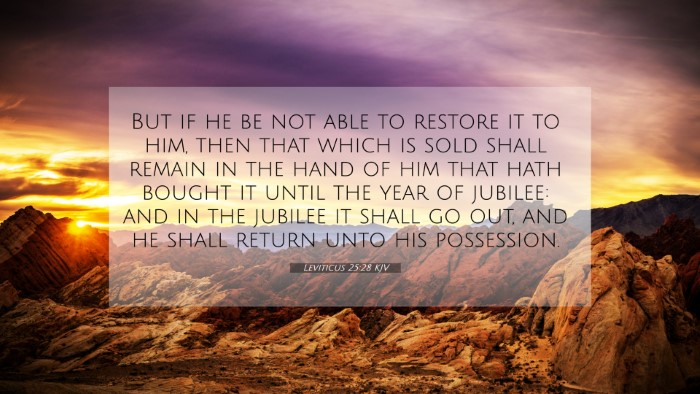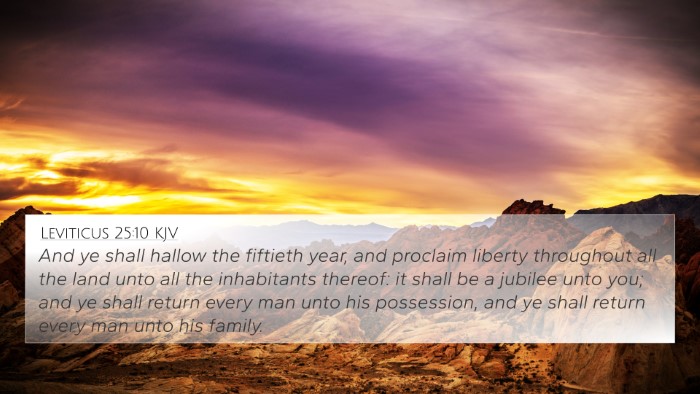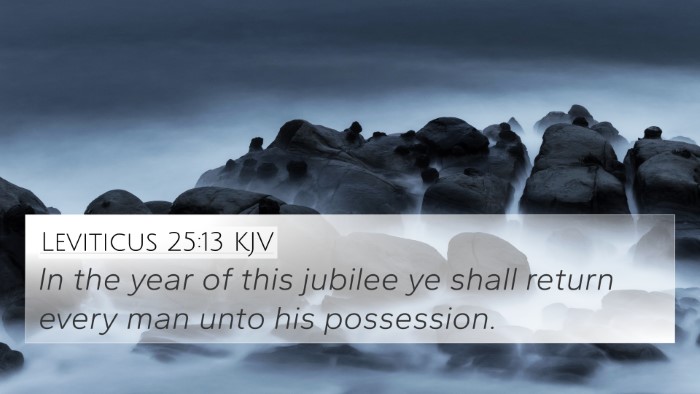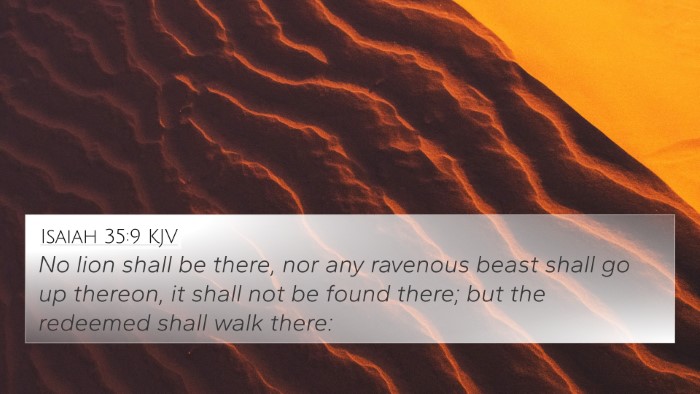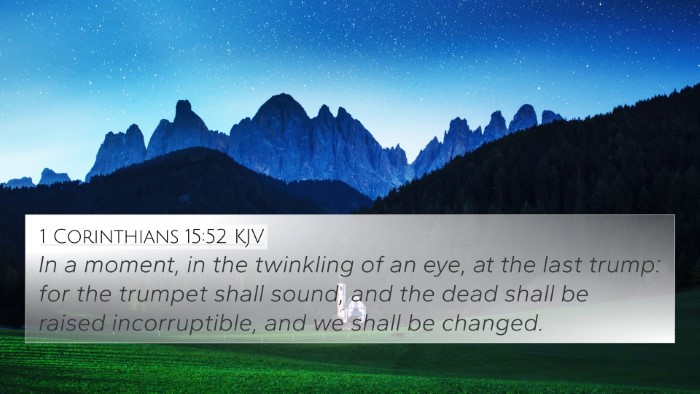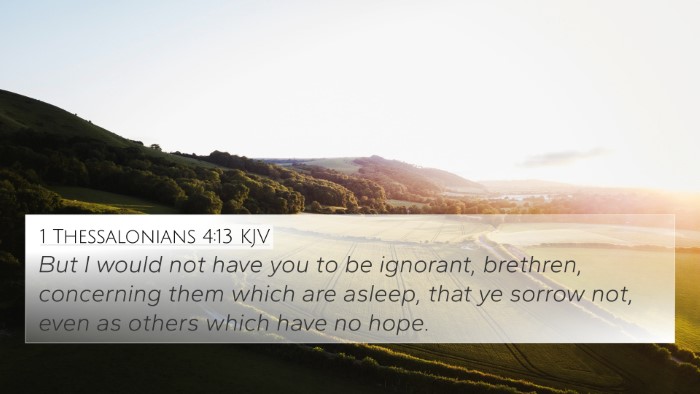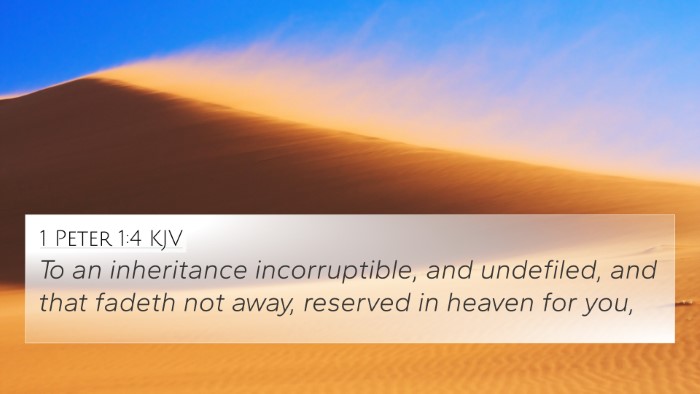Understanding Leviticus 25:28
Bible Verse: Leviticus 25:28 - "But if he be not able to restore it to him, then that which is sold shall remain in the hand of the buyer until the year of jubile: and in the jubile it shall go out, and he shall return unto his possession."
Meaning and Interpretation
The verse from Leviticus 25:28 articulates the principle of the year of Jubilee, a concept rich with implications regarding property rights, economic justice, and social equity within the Israelite community. This passage emphasizes the notion that, while transactions occur, they are ultimately temporary and subject to the divinely ordained cycles of restoration.
Key Insights from Public Domain Commentaries
- Matthew Henry: Henry emphasizes the duty to restore possessions to their original owners. This reflects God's justice, as it promotes equality and reaffirms the communal responsibility to care for one another's welfare.
- Albert Barnes: Barnes notes the economic implications of Jubilee, suggesting that it prevents permanent dispossession and ensures a measure of economic reset that fosters fairness among the people of Israel.
- Adam Clarke: Clarke reflects on the spiritual significance of restoration, linking it to God's overarching covenant with His people, ensuring that no one is permanently disadvantaged.
Thematic Connections
This verse draws connections with broader themes found throughout the Scriptures, particularly related to redemption and restoration. The following thematic Bible verse connections enhance our understanding:
- Exodus 22:3: Discusses restitution in circumstances of theft and the obligation to repay.
- Deuteronomy 15:1-2: Addresses the cancellation of debts every seven years, showcasing the principle of economic relief.
- Psalms 37:21: Reminds us of the righteousness of the faithful, who do not forsake their responsibilities to their neighbors.
- Jeremiah 32:15: Highlights the purchase of land in the promise of future restoration, echoing the Jubilee's implications.
- Isaiah 61:1-3: Emphasizes a future where God will proclaim liberty, resonating with the spirit of freeing slaves and restoring lands.
- Luke 4:18-19: Jesus reads from Isaiah, proclaiming the fulfillment of Jubilee themes in His ministry.
- Romans 8:21: Points to a future restoration of creation itself, connecting the physical and spiritual redemption aspects.
- Galatians 6:1: Encourages believers to restore one another in a spirit of gentleness, resonating with the restoration principle.
- 1 Corinthians 3:23: Discusses belonging to Christ, who provides ultimate possession and restoration to God's promise.
Cross-Referencing Biblical Texts
The concept of Jubilee and restoration presented in Leviticus 25:28 can be explored through various tools for Bible cross-referencing:
- Utilizing a Bible concordance to identify relevant passages.
- A Bible cross-reference guide can highlight interrelated themes across different books.
- Cross-reference Bible study methods can deepen understanding through comparative analysis.
- Employing Bible reference resources for deeper exploration of thematic connections.
- Engaging in Bible chain references ensures holistic understanding of scriptural themes.
Interpreting Biblical Themes through Cross-References
This verse encourages believers to connect with the larger narrative of Scripture, studying how various passages inform and illuminate each other. This process of cross-referencing can uncover rich insights about God’s heart for justice and restoration. When you ask questions like “What verses are related to Leviticus 25:28?”, you're invited into a deeper dialogue with the text.
Conclusion
Leviticus 25:28 serves as a profound reminder of God's desire for restoration and balance within His creation. Through careful study and cross-referencing, believers can uncover layers of meaning that illuminate God's justice, mercy, and the cyclical nature of possession and community in the life of faith.
